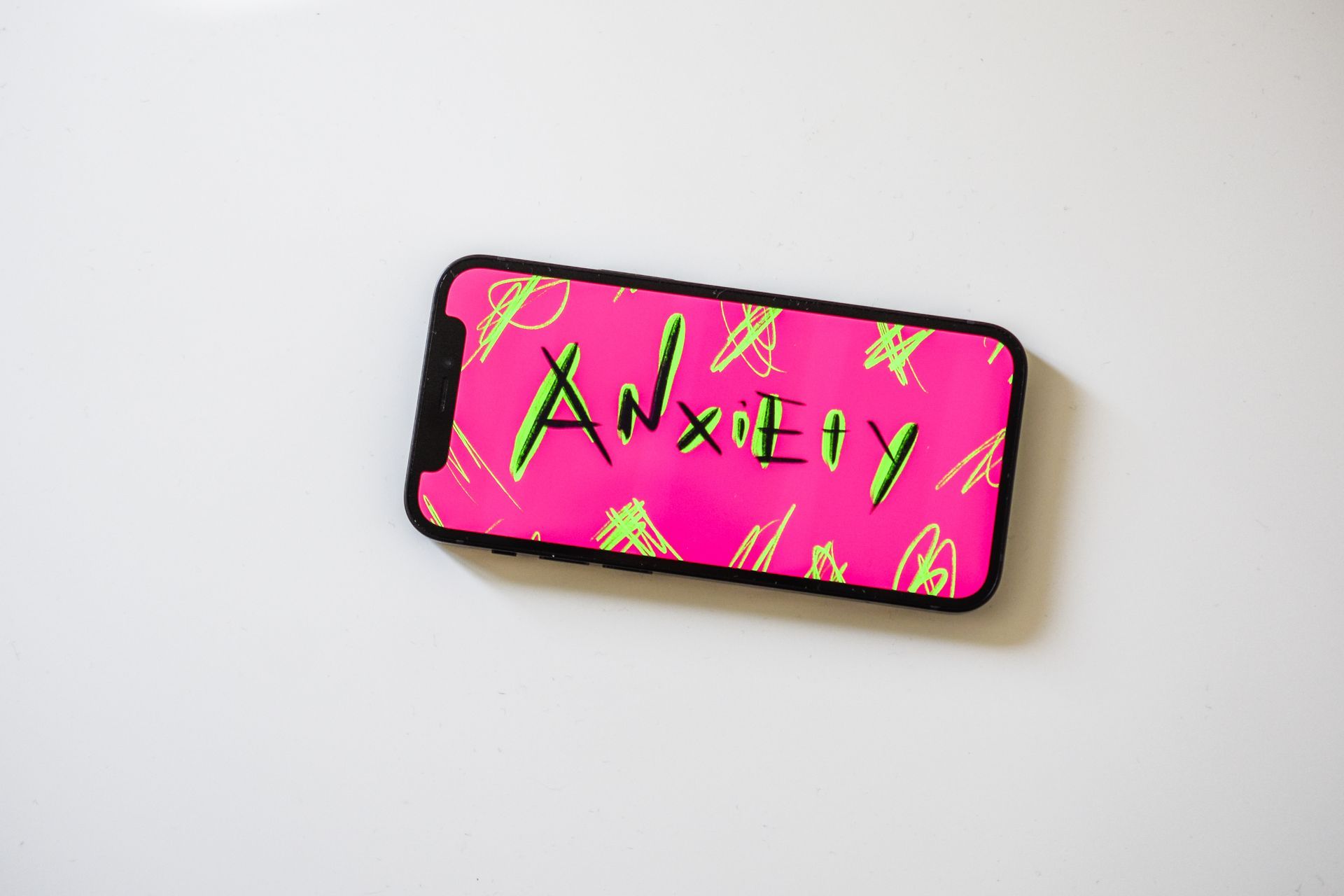Raise your hand if you don’t like asking for help.
If the idea of having to ask for help makes you cringe; you are not alone! Asking for help makes a lot of us feel uncomfortable, vulnerable, anxious, even avoidant.
Yet, no one can go through the ups and downs of life without support.
Well, you may be able to do it all by yourself, but you will likely end up burned out, overwhelmed, and fairly depleted. The COVID-19 pandemic has made reaching out for support even more important, as we are forced to juggle multiple demands without the resources we previously relied upon.
Before we get into the nitty gritty of how to ask for help, here are six important reminders I want to share with you:
- When you go through a time,
most people in your life likely want to help! But they may not know how to best help you and can’t always figure out what
you truly need in that moment (not what
they think would be helpful). Hence the importance of asking them!
- Having good social support has been linked to better psychological health. We tend to be happier and have a better quality of life overall when our social needs are met and we reach out for support in times of stress.
- As uncomfortable as it makes you feel, the more you practice asking for support, the easier it becomes. It’s like practicing a yoga pose over and over, every day feels a little easier. The same applies to our social skills. Practice, practice, practice!
Get out there and exercise your “social muscle.”
- Asking for help is a form of self-care.
- You deserve to receive help.
- You are enough.
And that means that you’re worthy of love and respect on a good day and on a challenging day, when you do it alone and when you ask for help!
Now on to the step-by-step recommendations to learn how to ask for help:
Action step:
Right now, I need support with {fill in the blank}
2 . Identify
who you can ask for support
No one person can meet all your needs!
Let me repeat this, no one person can meet all your needs! Some of your loved ones might know just the right thing to say when you’re having a tough day, others might not always provide the emotional support you need in those moments. Some friends might feel comfortable helping with your kids while others may prefer to drop off some home cooked meals.
Think outside of the box! Your go-to person may or may not be the best fit to help with that specific issue you’re struggling with.
As you consider who to ask for help, think broadly about anyone who could possibly help (or guide you to the right resource): Family, friends, therapist, faith-based community, an organization in your community, online support group, etc. Writing down a list of names and resources might help provide some clarity into this decision.
Action step:
{Name of person/organization} might be able to help me with {identified problem}
3 . Identify possible
obstacles
As you get ready to reach out for help,
what obstacles get in the way?
Identify them and problem-solve.
- Is the person you wanted to ask unavailable? Is there someone else who could help?
- Are you unable to identify some with the knowledge/expertise/experience needed to help you with an issue? Can you check online?
- Is anxiety kicking in and making you want to hide instead of reaching out? Can you talk back to your anxiety and give yourself some compassion?
- Is your brain feeding you all the reasons why should NOT be asking for help?
- “I don’t want people to know what’s going on”
- “They’ll think I’m weak or needy”
- “I can probably manage by myself”
Psst, if these thoughts sound familiar, click here to download your free mini-workbook “Asking for help made easier” and learn some ways to challenge those unhelpful thoughts!
4 . Ask for support
Now is the time to go into action mode and reach out for help! Pick up the phone, write a little note, an email, or leave a sticky note on their desk. Just do it!
5 . Follow up with a thank you… not a sorry!
- “I’m so sorry to bother you with this but…”
- “I’m sorry I have to ask.”
Does that sound familiar?
We are prompt to apologize for asking for help, even before the other person has had a chance to respond to the request. But remember, you deserve to get some support!
As long as your request is reasonable and respectful (and that you’re not blackmailing someone into helping you!), there’s no reason to apologize for asking for help.
You’re not “making” someone help you, they have free will. If they agree to your request, it’s most likely because they want to help.
Action step:
After someone has helped you, follow up with a thank you, not a sorry! Instead of this: “I’m so sorry for making you take time out for this.”, try this: “Thank you for being there for me, I appreciate your support right now.”
As you practice this skill, be gentle with yourself. Reaching out for help and getting the support you need is not always easy.
I am Dr. Aurelie Lucette, a clinical health psychologist who provides individual therapy in Miami and online throughout the state of Florida. I can help with issues related to anxiety, stress, sleep, and depression. I also specialize in therapy for adults living with cancer , chronic illness, chronic pain, caregiving stress.





